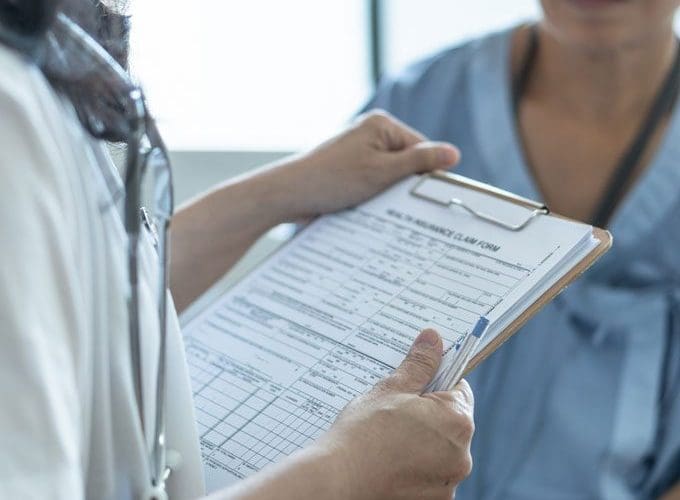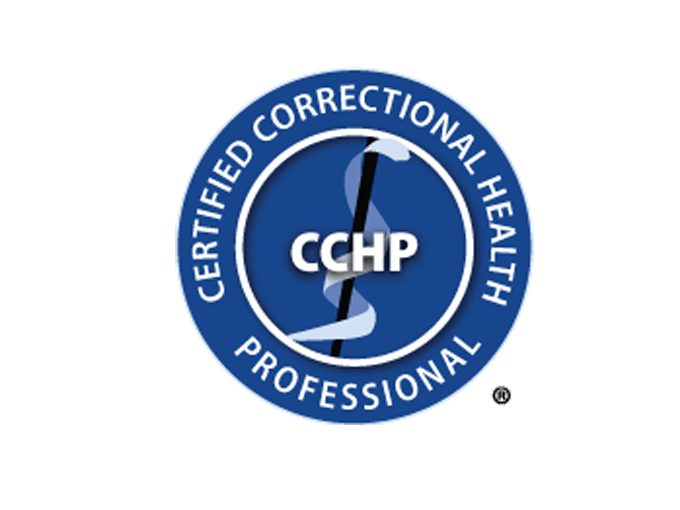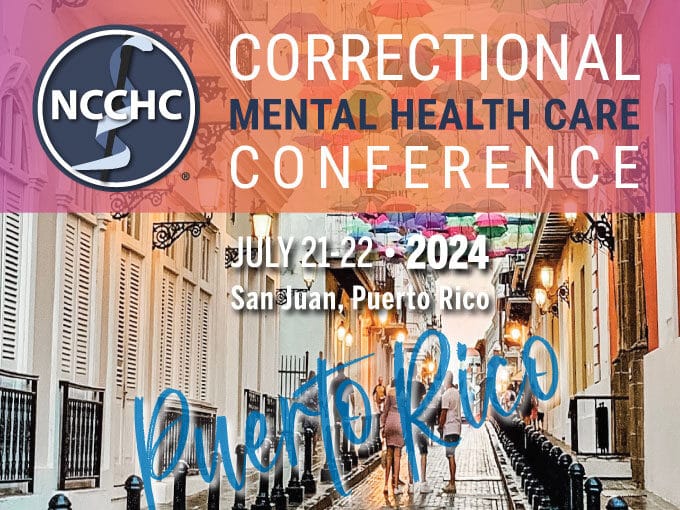
Standards Q&A: 75% Custody Health Training Requirement
Does the 75% requirement refer to all custody staff or only those working during
Home NCCHC Recognizes Importance of Legal Abortion for Optimizing Maternal Health Outcomes
 Aug 5, 2022
Aug 5, 2022Each year, tens of thousands of pregnant people enter jails, prisons, and juvenile detention systems. As outlined in our Standards, NCCHC recognizes the importance of providing these pregnant people in custody with full scope, comprehensive pregnancy care—including access to prenatal care, options counseling, and abortion care. Decades of research has established that access to safe, legal abortion is an essential component of optimizing maternal health outcomes at individual and public health levels. This includes research demonstrating that denying women access to wanted abortions is associated with adverse health outcomes in the short and long term.
NCCHC is therefore deeply troubled by the Supreme Court’s recent ruling in Dobbs v. Jackson Women’s Health Organization that has enabled states to restrict or eliminate access to abortion, thereby preventing pregnant people from obtaining safe, evidence-based, necessary medical care. For correctional facilities in states where abortion is no longer available or becomes illegal, this is likely to have serious repercussions for facilities and the women inside. The need for correctional facilities to provide more routine prenatal care as well as complex prenatal care for women with serious medical conditions, who might otherwise have terminated, will increase. Furthermore, when pregnant women in custody experience miscarriages or ectopic pregnancies, nonviable pregnancies that warrant medical care, correctional facilities in states where abortion is restricted may not be able to provide them with the standard-of-care treatment they need. We have already seen a chilling effect of the Dobbs decision on denials of life-saving treatment for ectopic pregnancy and on miscarriage management, with some hospitals refusing to treat women experiencing miscarriages with surgical and medication treatments, putting them at risk for excessive bleeding and infection; this is on top of the emotional distress they may already be experiencing.
At NCCHC, we stand with 22 of our supporting organizations in opposing the Dobbs decision because of its interference with the delivery of safe and necessary full-scope pregnancy care. This impedes the ability of correctional facilities to meet NCCHC’s long-standing, evidence-based health care standards, and contradicts NCCHC’s core mission to support correctional facilities in optimizing health outcomes of incarcerated individuals. NCCHC will work closely with accredited facilities and will continue to provide guidance to the correctional health field on optimizing maternal health care in the face of these unprecedented constraints.


